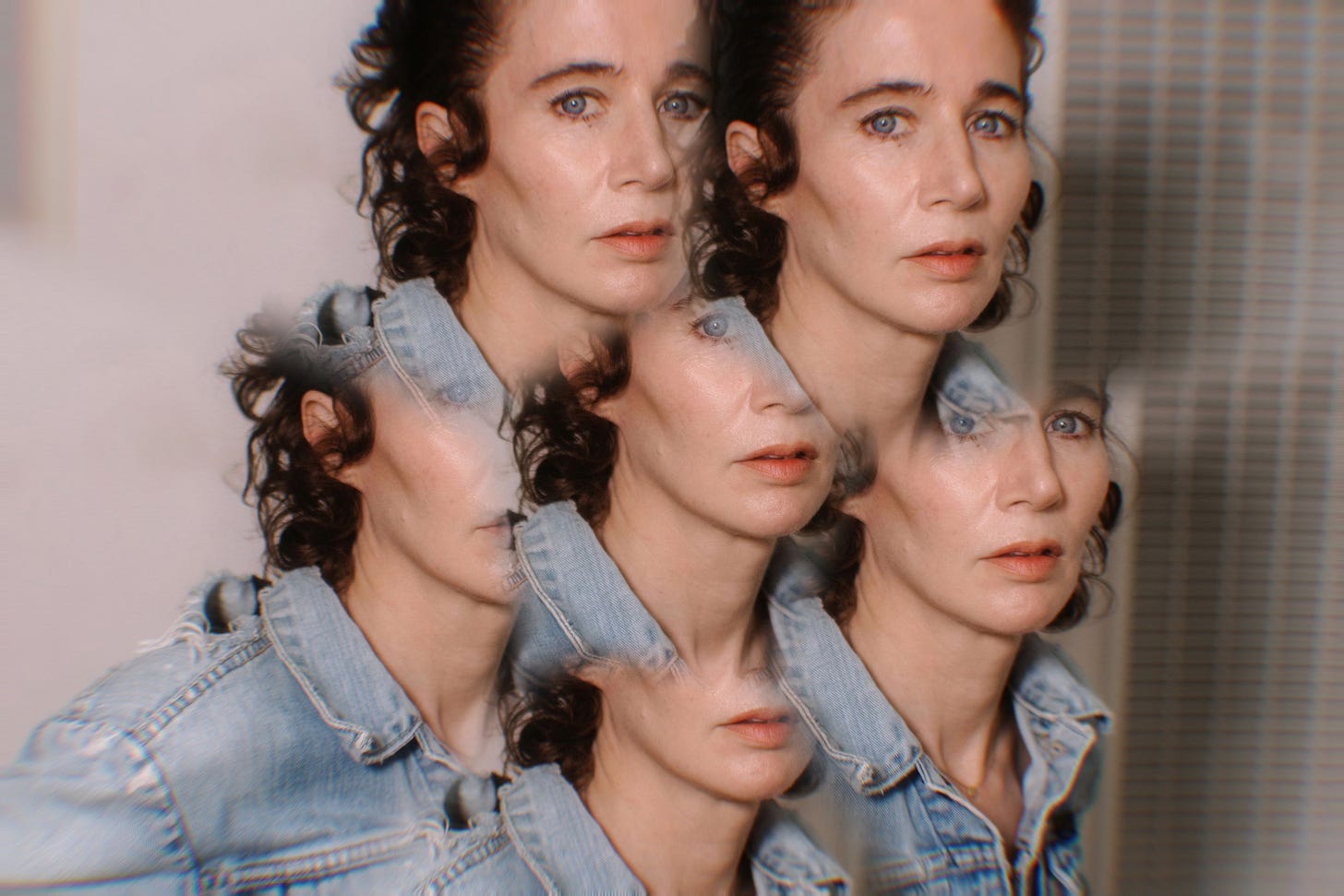'Some people might say a kaleidoscope shouldn't get married'
Miranda July's 'All Fours' tangles with desire, intimacy, loneliness, and the fractured self within marriage and motherhood.
“I was a kaleidoscope, each glittering piece of glass changing as I turned,” says the unnamed protagonist of Miranda July’s new novel All Fours. She is a 45-year-old mother, wife, and semi-famous multi-hyphenate artist who has recently embarked on a cross-country road trip …




